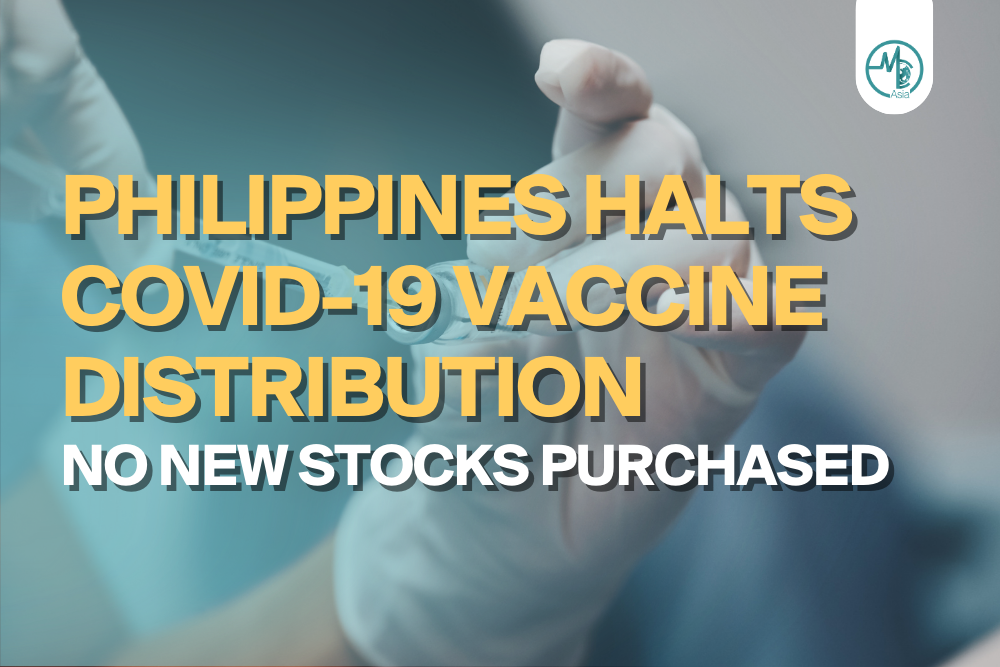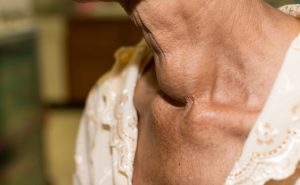In a significant turn of events, the Department of Health (DOH) in the Philippines has halted the distribution of COVID-19 vaccines.
This revelation sheds light on the depleted government-procured and donated stocks of the COVID-19 vaccines. The decision not to purchase new stocks raised questions. It has sparked a discussion on the current state of vaccinations and healthcare infrastructure.
Depleted Vaccine Stocks: A Government Decision
Committee Chairperson Ciriaco Gato Jr. questioned the absence of plans to procure new vaccine stocks despite recognising the ongoing need. DOH Undersecretary Gloria Balboa clarified that there is no immediate purchase plan due to the absence of a public health emergency. However, donations from other countries are being considered. The current vaccine stocks, equipped with a Certificate of Product Registration (CPR), are expected to be available commercially.
With this, Health Assistant Secretary Beverly Ho announced the cessation of COVID-19 vaccine distribution after the exhaustion of government-procured and donated bivalent COVID-19 jabs from Lithuania. With no plans to purchase a new batch, Ho addressed the House Committee on Public Order and Safety, emphasising the dependence on the private sector for potential imports due to market authorisation.
Vaccine-Associated Deaths and Controversies
The DOH’s monitoring of nine COVID-19 vaccine-associated deaths among over 78 million individuals prompted scrutiny. Dr Alethea de Guzman, director at the DOH’s Epidemiology Bureau, clarified that half of these deaths resulted from anaphylactic reactions, emphasising the sudden and severe nature of allergic responses. Amidst controversy, the Food and Drug Administration reported 10,583 serious adverse events, including 2,801 deaths, out of 112,264 reported incidents following immunisation.
Successes Amidst Challenges
Despite challenges and controversies, the DOH highlighted positive outcomes from the vaccination rollout. A significant drop in deaths due to COVID-19 infection was observed, indicating the effectiveness of vaccination in preventing severe outcomes. Ho shared data revealing a remarkable shift from a 6 percent case fatality rate for healthcare workers and a staggering 31 percent for the elderly population at the start of the pandemic.
Doctor’s Insight
Dr Darleen Faye Cabales MO III, a physician at Philippine General Hospital, shared her insight about the halting of the purchase of the COVID-19 vaccine. She said, “I would agree with halting the purchase of vaccines, considering that we are no longer in a state of emergency due to COVID-19. In this way, we can now direct the funds intended for this to support other emergent diseases and pressing concerns.”
Doctor’s Reminder
Dr Cabales also imparted some reminders to maintain a healthy and safe environment as the government rollout the COVID vaccine, saying that we should continue good hygiene practices such as wearing masks, hand washing, disinfecting commonly used surfaces regularly, not sharing personal items, coughing or sneezing into a tissue or sleeves, and staying at home when feeling sick.
Conclusion
As the Philippines grapples with vaccine procurement decisions and financial constraints, the government’s strategic approach will play a pivotal role in navigating the complex landscape of the ongoing COVID-19 pandemic. Balancing effectiveness, financial sustainability, and ongoing healthcare needs remains a critical challenge for the nation.













